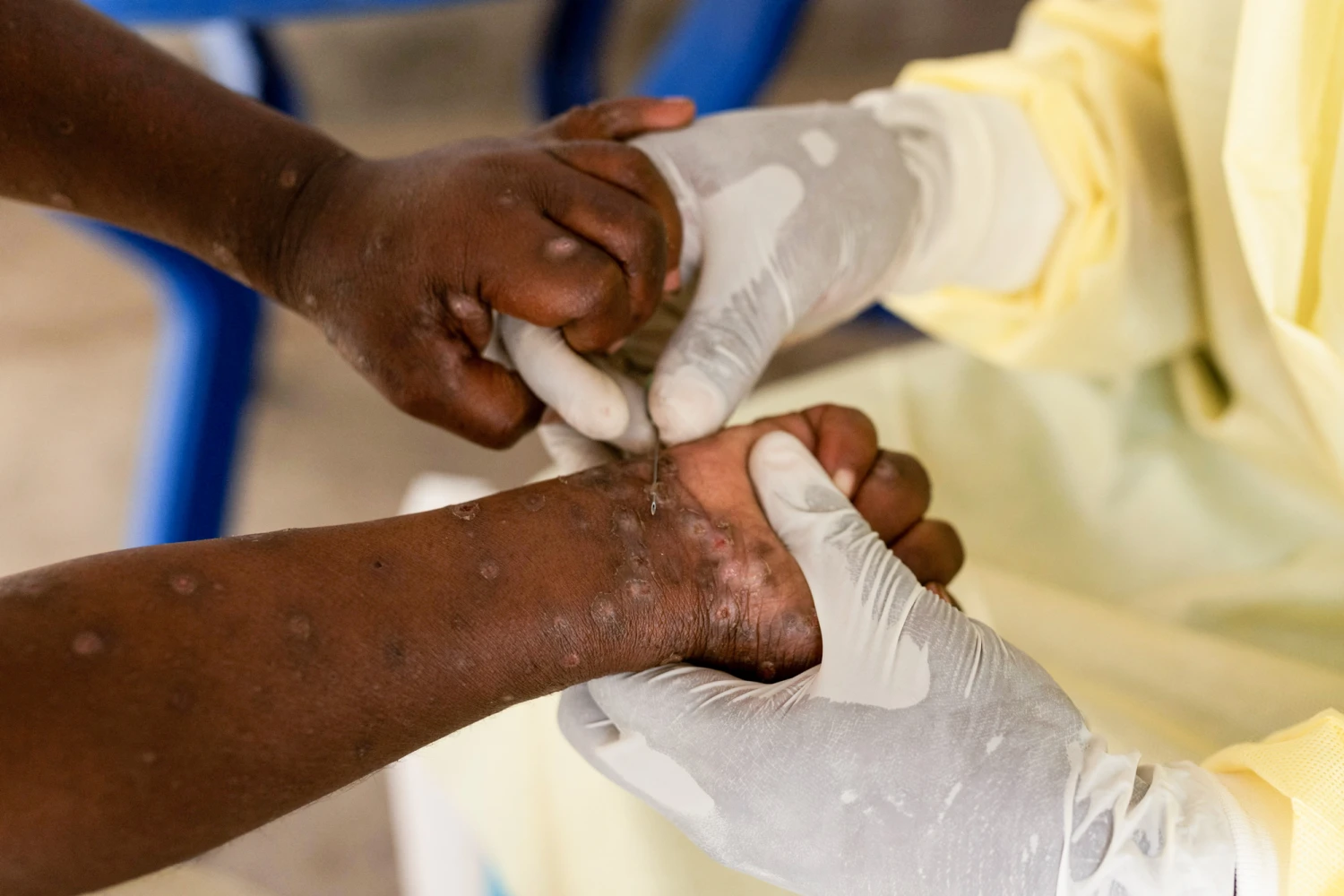
HPA Vigilant as Mpox Declared Global Health Emergency
The Health Protection Agency (HPA) has announced that the Maldives is preparing for the possibility of Mpox (formerly known as monkeypox) becoming a global health emergency. This follows the recent declaration by the World Health Organization (WHO) on the 14th of this month, which recognized Mpox as a significant global health threat. The disease, which originated in Africa, has also been detected in some Asian countries.
Since the global spread of Mpox began, the HPA has been actively monitoring the situation and making necessary preparations to safeguard the Maldives. This includes assessing the risk of the disease entering the country and preparing for effective disease control, testing, and treatment measures. The HPA has also emphasized the importance of educating healthcare workers about Mpox and strengthening surveillance efforts to ensure a swift response if the disease is detected in the Maldives.
As of now, no cases of Mpox have been reported in the Maldives.
Understanding Mpox
Mpox is a virus transmitted to humans from infected animals, with close physical contact being the primary mode of human-to-human transmission. The virus was first identified in humans in 1970 in the Democratic Republic of Congo. Symptoms of Mpox include fever, body aches, and pus-filled blisters.
There are two variants of the virus: Clade 1, which is common in the Congo region of Central Africa and considered more dangerous, and Clade 2, found in West Africa. In May 2022, the disease was detected in various parts of the world, primarily affecting homosexual men, with the strain identified as Clade 2b subclade. The WHO declared it a global health emergency at that time.
While the number of cases decreased from July 2022 to May 2023, the WHO reported last month that over 11,000 people in Congo have been infected since September of the previous year, resulting in 445 deaths. This year alone, more than 14,000 people have tested positive for Mpox, with 524 deaths reported.
The HPA's proactive measures aim to ensure that the Maldives is well-prepared to handle any potential outbreak, safeguarding the health and well-being of its population.